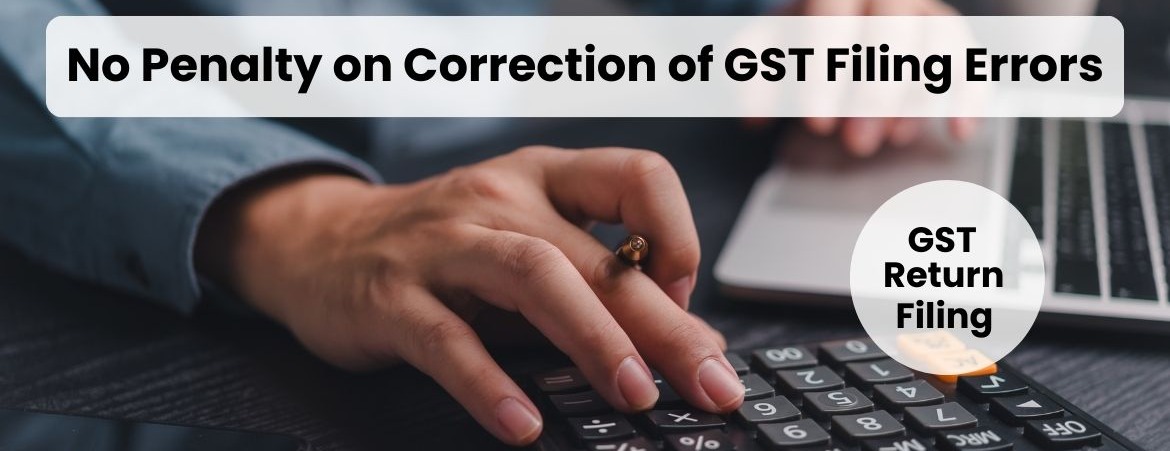Aloke Chakrabarti, J.@mdashThe order dated 1.11.1996 at Annexure-1 to the writ petition has been challenged herein in the following factual background.
2. The Petitioner joined the Central Reserve Police Force as constable in the year 1981. After a charge sheet dated 1.5.1995 was issued and a proceeding took place, the Inquiry Officer submitted a report whereupon the disciplinary authority held the Petitioner guilty of charge of overstay without permission of the competent authority and imposed punishment of dismissal from service u/s 11(1) of the Central Reserve Police Force Act read with Rule 27 of the Rules framed under the said Act. The Petitioner preferred an appeal against the said order which was decided by the appellate authority by order dated 29.1.1996 whereby the punishment order was set aside and the intervening period from the date of dismissal till the date of joining the duty was directed to be decided on merits as per provisions contained in F.R. 54. The Petitioner was accordingly reinstated and joined his service. Thereafter, the impugned order dated 1.11.1996 was passed by the Respondent in purported exercise of power under Rule 29 (d) of Central Reserve Police Force Rules, 1955. The said Rule 29 (d) runs as follows:
29 (d). The Director General or the Inspector General or the Deputy Inspector General may call for the records of award of any punishment and confirm, enhance, modify or annul the same or make or direct further investigation to be made before passing such order:
Provided that in a case in which it is proposed to enhance punishment, the accused shall be given an opportunity to show cause either orally or in writing as to why his punishment should not be enhanced.
3. Respondents filed counter-affidavit and the Petitioner filed rejoinder-affidavit.
4. The learned Counsel for the Petitioner contends that the impugned order in exercise of revisional power has been passed without giving the Petitioner any opportunity to show cause and this violated the principles of natural justice. The learned Counsel for the Petitioner also contends that the power under Rule 29 (d) cannot be exercised in case of order setting aside punishment. Language of the rule has been relied upon for showing that only against order awarding punishment, the said power can be exercised.
5. The learned Counsel for the Respondents relied on the statements made in paragraphs 9 and 10 of the counter-affidavit and contended that the Respondent No. 1 did not consider it necessary to give a show-cause notice to the Petitioner as he did not come with a new point even when he submitted reply to the report of the Inquiry Officer and while submitting appeal before the appellate authority. Moreover, on interpretation of Rule 29 (d) it has been contended by the learned Counsel for the Respondents that the said power could be exercised in respect of the order of punishment passed by the Disciplinary Authority though Appellate Authority has set aside (hat order.
6. After considering the respective contentions of the parties, I find that while exercising the revisional power for the purpose of awarding punishment inspite of appellate authority order setting aside the award of punishment by the disciplinary authority, the Respondent No. 1 was required to give a show-cause notice. Admittedly, the Petitioner was successful before the appellate authority and as such while the said order was being nullified by the revisional authority, it could not have been done without giving the Petitioner an opportunity atleast to show cause. This action of the Respondent No. 1 violated the principles of natural justice resulting in the impugned order to be vitiated.
7. With regard to the revisional power, a perusal of the language of the said rule makes it clear that the power when intended to be exercised, the authority should call for the records of award of punishment and confirm, enhance, modify or annul the same and this is possible only when there is an order of punishment. When the appellate authority already set aside the punishment, the revisional authority neither could confirm the same nor enhance or modify or annul the said punishment and, therefore, the said power could not he exercised in such circumstances. The contention of the Respondents is that the punishment awarded by the disciplinary authority was being considered while the Respondent No. 1 exercised his power under the said Rule 29 (d) but such a proposition is not acceptable as the impugned order neither confirmed nor enhanced nor modified nor annulled the earlier order of punishment. Moreover, such a reading is not permissible as in such circumstances the order of punishment by the disciplinary authority was to (34)be considered by the revisional authority though it has no power to quash the appellate order setting aside the punishment.
8. In the aforesaid circumstances, the impugned order cannot stand and the same is hereby quashed The writ petition is accordingly allowed. There will be no order as to costs.

